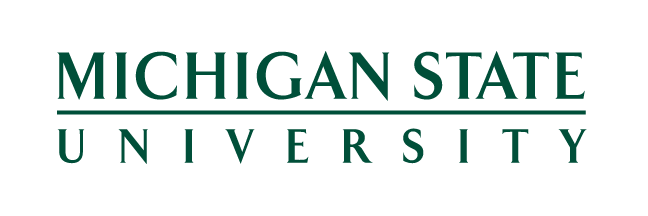AUTHORS
Katharine Strunk, Michigan State University
Joshua Cowen, Michigan State University
Dan Goldhaber, National Center for the Analysis of Longitudinal Data for Education Research (CALDER), American Institutes for Research, and Center for Education Data and Research (CEDR), University of Washington
Bradley D. Marianno, University of Nevada, Las Vegas
Roddy Theobald, National Center for the Analysis of Longitudinal Data for Education Research (CALDER), American Institutes for Research
Tara Kilbride, Michigan State University
A Working Paper from EPIC
Collective Bargaining and State-Level Reforms: Assessing Changes to the Restrictiveness of Collective Bargaining Agreements Across Three States
November 2018
In many school districts the policies that regulate personnel are governed by collective bargaining agreements (CBAs) negotiated between teachers’ unions and school boards. While there is significant policy attention and, in some cases, legislative action that has affected the scope of these agreements, there is relatively little research that assesses how CBAs vary over time, or whether they change in response to states’ legislative reforms. In this paper we compare CBAs in three states at two points in time: before and after substantial reforms in Michigan and Washington impacting collective bargaining and in California where there were no major statutory changes affecting CBAs. We find that few district characteristics predict changes in CBA restrictiveness over time, other than institutional spillovers from local bargaining structures. However, we observe that reforms to the scope of bargaining in Michigan and Washington drastically reduced the restrictiveness of Michigan and Washington CBAs relative to California.
EPIC working papers are designed to provide timely analyses of current policy questions. They have not undergone final peer review and should not be cited or distributed without permission from the authors. EPIC working papers are carefully vetted and prepared prior to distribution in this series, but we reserve the right to amend these reports as part of the final process of publication over time.




